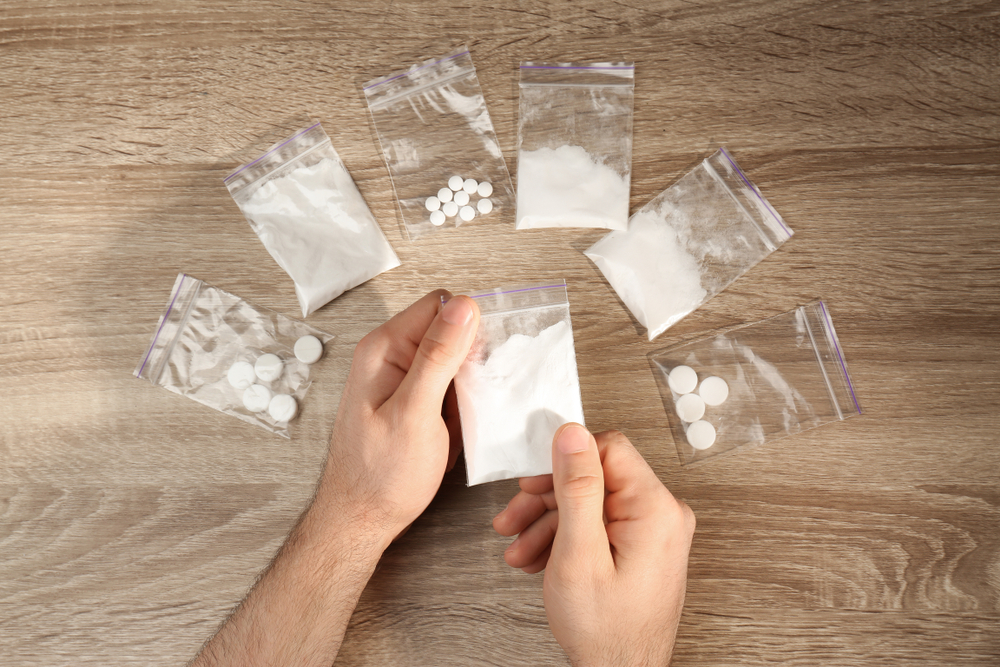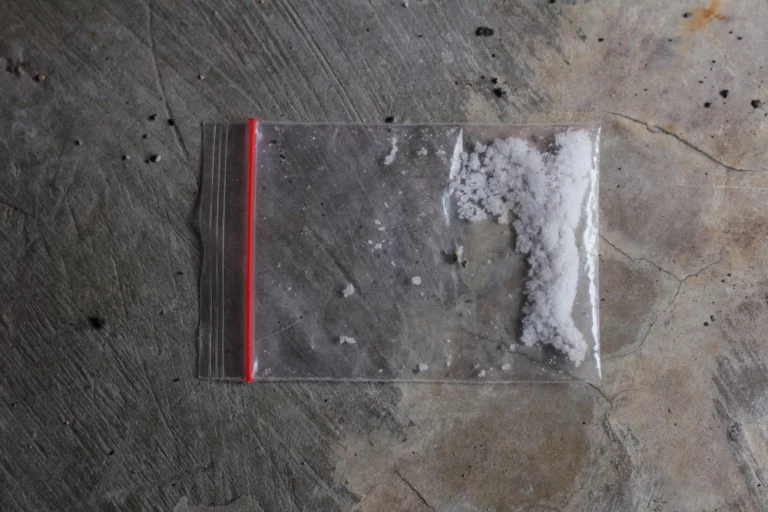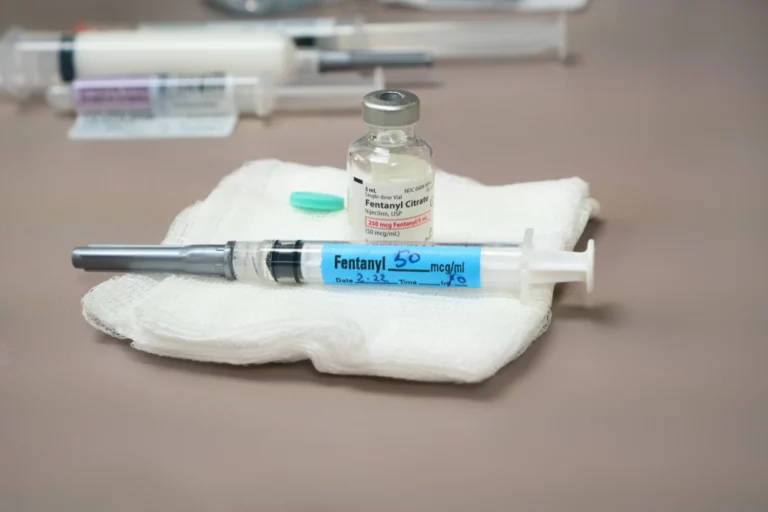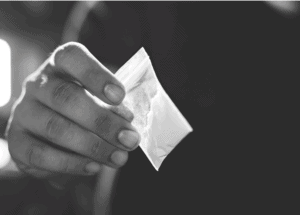MDMA Vs. Meth: Dangers, Abuse, & Treatment
Since they’re both stimulants and their names sound similar, it can be easy to confuse MDMA (3,4-methylenedioxymethamphetamine) with meth (methamphetamine). Both substances are derived from amphetamines and have intense and euphoric effects. But their differences, including their dangerous side effects and addictive qualities, truly set them apart, especially when it comes to treatment and recovery.
This article breaks down the differences between MDMA vs. meth, highlighting their effects, dangers, addiction rates, and treatment options.
Effects of MDMA Vs. Meth
MDMA and methamphetamine are stimulants usually taken for their euphoric and energetic effects. MDMA, also called ecstasy and Molly, is something you’ll hear about in clubs, raves, music festivals, or other places with lights, music, and crowds since it tends to amplify the sensory system. On the other hand, meth is usually associated with drug dealers, trap houses, and crime since users can become hyper-fixated, compulsive, and violent.
- MDMA: 0.1 grams of MDMA, the typical dosage in a single capsule, can cause euphoria, increased sociability, heightened sensory perception, and mild hallucinations. Depending on the individual and how much they take, a single dose of MDMA can last anywhere between 3 to 6 hours. This is also referred to as “rolling on Molly.”
- Meth: 0.2 grams of meth, the typical dosage to make a user feel high, can cause euphoria, increased energy and alertness, and intense focus. Depending on the individual and dosage, a single dose of meth can last 6 to 8 hours, and users can feel paranoid, unable to sleep, aggressive, and experience involuntary movements or twitches when the effects fade “(tweaking).”
Read more: Ecstasy Abuse within the LGBTQ+ Community
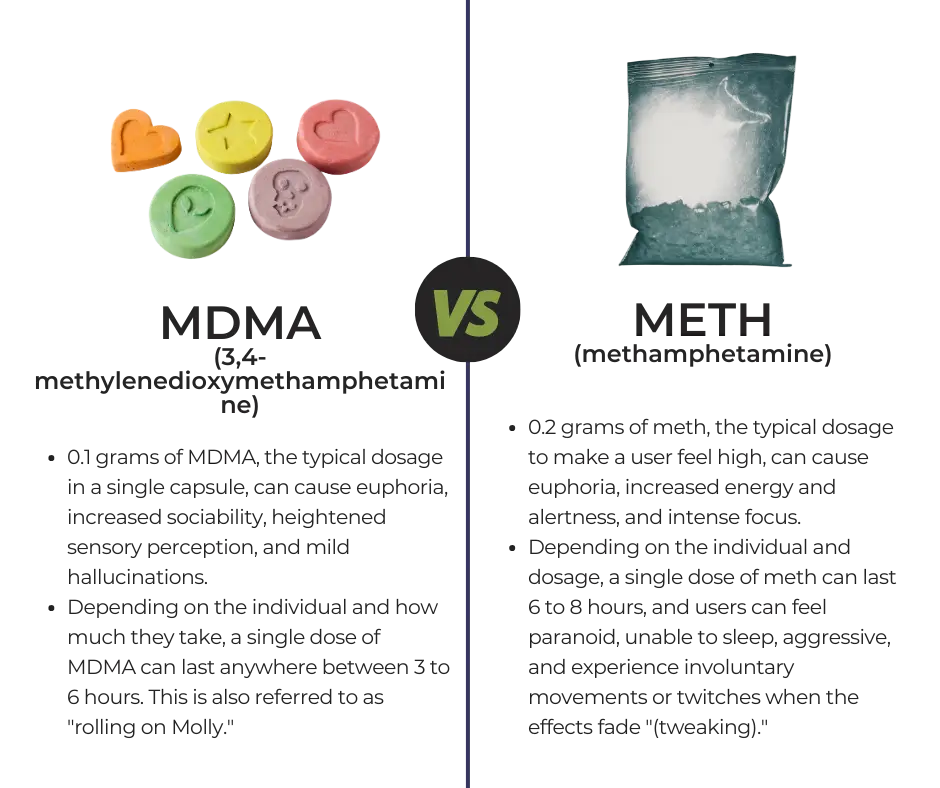
Connect With Us Now
Reach out to us now for immediate support, or let us know the best time to contact you through our confidential callback service. Your journey to healing is just a conversation away.
Dangers of MDMA Vs. Meth
MDMA and methamphetamine pose significant dangers and side effects due to their impact on the central nervous system and organs. We’ve broken down some of the common adverse effects these drugs share based on the part of the body they affect.
- Brain: MDMA and methamphetamine use can contribute to neurotoxicity and lead to cognitive impairment, memory deficits, and difficulties with decision-making and impulse control. Long-term use can increase the risk of developing substance-induced psychiatric disorders, including amphetamine-induced psychosis or MDMA-induced mood disorders. These drugs can also cause psychological effects such as confusion or apathy towards life, accompanied by a lack of regard for consequences.
- Heart: The cardiovascular effects of both substances can lead to disorders such as arrhythmias (abnormal heart rhythms), myocardial infarction (heart attack), hypertension (high blood pressure), and tachycardia (racing heart rate).
- Liver: Chronic use of MDMA and methamphetamine can contribute to hepatotoxicity, potentially leading to liver damage, hepatitis, or even liver failure.
- Lungs: Smoking methamphetamine can result in respiratory disorders such as pulmonary fibrosis, chronic bronchitis, or even acute respiratory distress syndrome (ARDS). MDMA use has also been linked to the development of serotonin syndrome, a potentially life-threatening condition affecting multiple organ systems, including the lungs.
- Kidneys: Both MDMA and methamphetamine use can lead to renal disorders such as acute kidney injury, chronic kidney disease, nephropathy, and vasoconstriction.
Other notable dangers of both drugs include loss of appetite, sleep disruptions, insomnia, hyperactivity, restlessness, and agitation. Both drugs can also contribute to hyperthermia, causing an increase in body temperature. Additionally, meth use can cause weight loss, tooth decay, and oral health issues such as abscesses and infections.

Take Our Addiction Quiz for Recovery Insights
Which Is More Addictive?
Unfortunately, there’s no yes or no answer when comparing which drug is more addictive since it’s mainly based on an individual. Each substance’s addictive qualities can be isolated to the environments they’re usually found in. MDMA use tends to be concentrated in music and festival subcultures, with Molly becoming popular with electronic dance music.
Unless someone is constantly attending these events and taking MDMA each time, chances are they’re just socially using it. But the potential for addiction is still there. Methamphetamine’s effects can entice individuals with mental health or neurodevelopmental disorders like ADHD since meth is chemically similar to amphetamines in Adderall. If someone is abusing Adderall, there’s a chance their dependence can cause them to try other stimulants.
A single dose of MDMA costs more ($20 to $50) than a single dose of meth and doesn’t last as long, so users can be less inclined to keep trying it. On the other hand, one gram of meth is only $20 to $40, and the average user can be high for almost 35 hours (7 hours per dose – 5 doses a gram). Since it’s cheaper and possible to develop a meth use disorder after the first or second use, meth can be considered more addictive than MDMA.
Read more: What’s The Difference Between Meth and Adderall?
MDMA Vs. Meth Addiction Treatment
MDMA and meth addiction treatment generally look the same, except for the detox process, which is usually more involved with meth since its withdrawal symptoms can be uncomfortable, painful, and dangerous. However, research shows that MDMA affects many of the same brain neurotransmitters targeted by other drugs like opioids, with studies revealing how animals will self-administer MDMA.
Most substance abuse treatment plans will use psychotherapy and experiential healing methods to explore the underlying reasons behind MDMA and meth use disorders. Addiction treatment isn’t just about detoxing and breaking bad habits. To get the most out of substance abuse treatment, individuals need to mentally and physically commit to the process and mindset. However, you never have to try it alone.

Are You Covered For Treatment?
Oasis Recovery Center partners with numerous private insurance providers. Our team is committed to assisting you in quickly and effortlessly verifying your insurance coverage for treatment.
Contact Oasis Recovery Center
If you or someone you know is struggling with MDMA or meth use, contact Oasis Recovery Center in Asheville, NC. Our addiction center is the perfect healing space for anyone looking to overcome addiction and find true wellness. Substances and their effects are temporary and come with disastrous side effects. Oasis Recovery is dedicated to helping the mind, body, and soul, and our evidence-based and holistic treatment methods can make the path to recovery easier. Call today, and one of our admissions agents can help you or a loved one get started.



